Resources
Journal Issue.
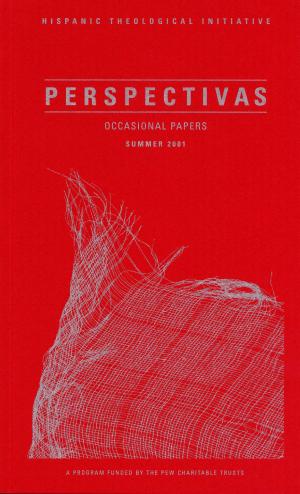
Journal Issue.
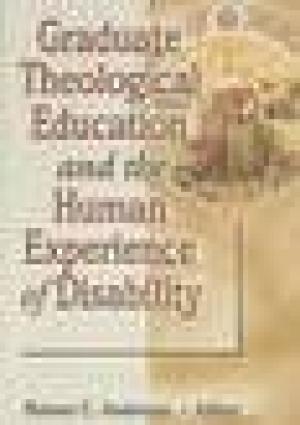
Graduate Theological Education and the Human Experience of Disability examines graduate schools of theology and their limited familiarity with the study of disability -- and the presence of people with disabilities in particular -- on their campuses. Dubbed a "missing note" by one theologian, this text offers critical research and illuminates new pathways for theologia and practice in the community of faith. Reviews of previous literature, theology, and practices illuminate how people with disabilities have historically been marginalized by the religious community. Theologians, people with disabilities and researchers offer suggestions for incorporating disability studies into theological education and religious life. (From the Publisher)
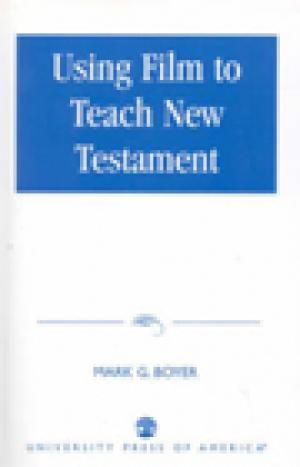
Boyer describes a teaching method which uses popular movies to explore themes encountered in the New Testament. Topics include, for example, martyrdom in Witness and The Gospel of Luke and apocalypse in Waterworld and The Book of Revelation. A modernized film interpretation of Shakespeare's Rome. (From the Publisher)

Examines how the higher education sector in Britain has responded to changes due to religious diversity. Takes particular account of the perspectives of chaplains in higher education, and also considers the perspectives of religious, student-run, and academic organizations concerned with religion in universities. Explores the role that religion plays in shaping a new generation of British Hindus, Muslims, and Sikhs, and examines issues such as the staffing of chaplaincies, religious dietary needs, and equal opportunity policies. (From the Publisher)
The politics of pedagogy when teaching for belief in culturally diverse settings inevitably draws attention to the power dynamics in the encounters of teachers and students. The quest for a pedagogy that is not oppressive or coercive provides the impetus to liberative proposal for teaching practice.
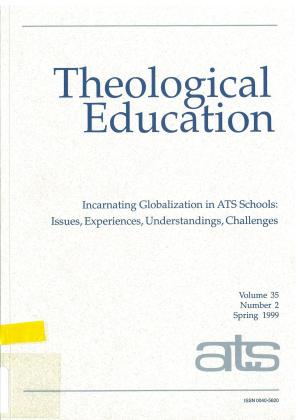
Journal Issue. Full text is available online.
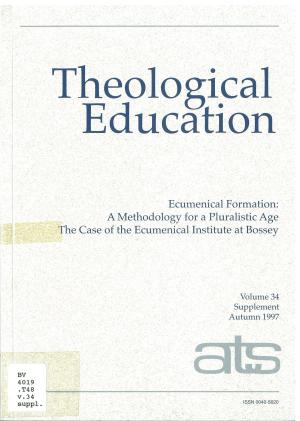
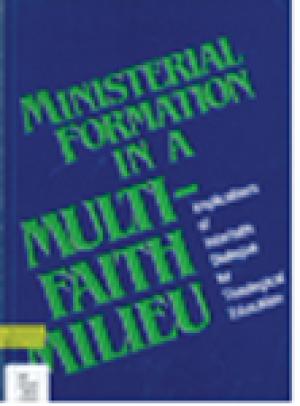
It is generally accepted that theological education and ministerial formation must both take place "in context". The context, in most parts of the world today, is one of religious pluralism where Christians must live in dialogue and grow in commmunity with neighbours of other faiths. Ministers have a crucial role in shaping the attitudes of church people, especially in the area of interfaith relations. How may they be equipped to play this positive role? What, in other words, are the implications of interfaith dialogue for theological education? That was the question discussed by a group of theological teachers when they met in Malaysia in June 1985, called together by the World Council of Churches' Programme on Theological Education (PTE) and the Dialogue Sub-unit. Ministerial Formation in a Multifaith Milieu presents an informal report of that meeting. (From the Publisher)